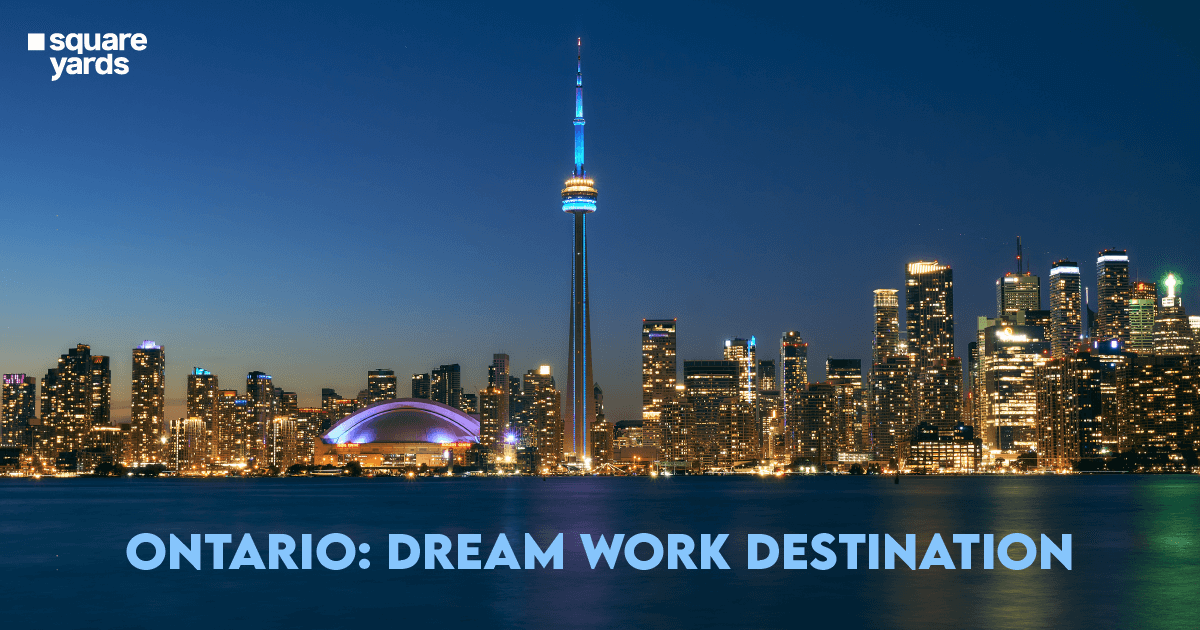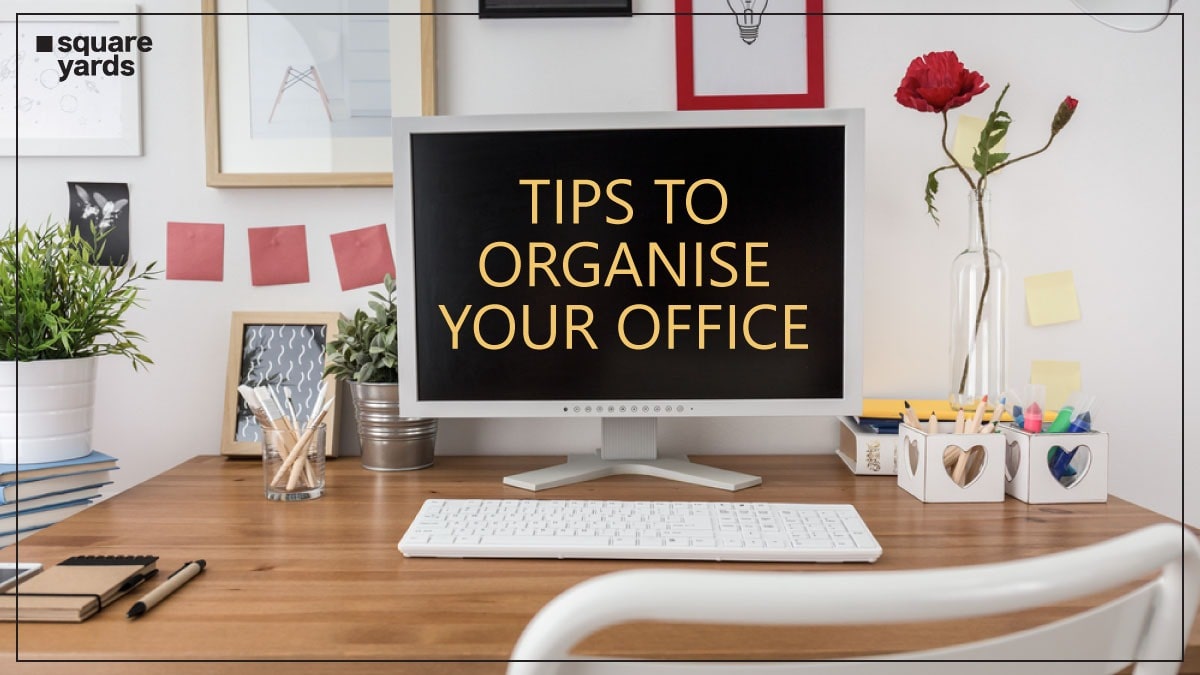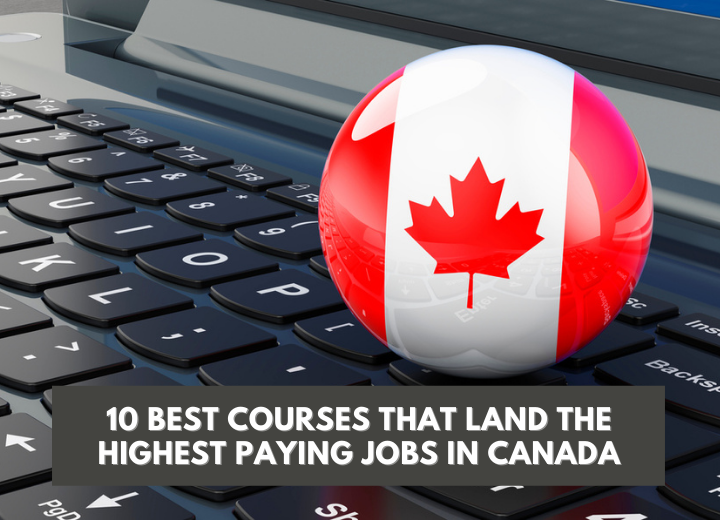Wearing crisp clothes and confidently telling the interviewer that you’re a perfect fit for the company while shaking inside is not easy. Things get even tougher when you have to give an interview for the jobs in Canada, a new country. But you know what? Interviewers were also interviewees at one point. Even they want you to do well because they want to hire you. All they expect is the confidence and willingness to work hard with sheer dedication. In this blog, we’re going to help you with some of the common interview questions that might come in handy in future. Certain interview questions are common for all fields, no matter which career you choose. We’ve curated a list of those with their answers to make things easier for you.
15 Common Interview Questions and their Answers
Question 1: So, Tell Me Something About Yourself
This is one such question that we all must have answered at least once. It’s a generic question to get started for the interviewer to learn a little bit about yourself before diving into the actual set of questions. The answer doesn’t have to be any different just because you’re interviewing for the jobs in Canada. You have to give a quick overview of your career. This includes your last jobs, certifications and skills. You can, of course, add a bit of a personal touch by giving the interviewer an insight into your hobbies. To prepare, you can have a 1 min bio ready. Write it up and read it a few times. This small activity won’t let you struggle during your interview.
Question 2: What Interests You About this Position
This is a bit of a trick question. The interviewer here tries to check your enthusiasm for the role and whether you had done your research for the role or not. While many pass the enthusiasm part, they fail at the latter. Therefore, you must take a good look at the job description.
Question 3: What are Your Greatest Strengths?
This is one of the most crucial questions. You don’t have to say something you think the interviewer wants to hear to answer this question. Instead, be honest. Being fake or dishonest can backfire. As an answer, you can choose skills related to your jobs in Canada. If not, you can say something that isn’t job-related and describe your trait. For instance, you can tell the interviewer that you have great communication skills or are punctual.
Question 4: What Would You Say Your Weaknesses Are?
The opposite of the last question, this can be difficult as you don’t want to say anything that turns out to be a deal-breaker. We’d advise the reverse of what we advised you in the previous question, and that is, don’t be too honest. That’s not to say that you lie but just be careful that you don’t say something that comes in your way of landing the job. For instance, if you tell them you’re a procrastinator, they might associate it with you missing project deadlines. A simple trick is to pick out a point or two that you received as feedback from your last company. Don’t forget to tell them how you’re working to overcome this weakness. Interviewers want to hire people who are self-aware and ready to work on constructive feedback.
Question 5. What Do You Know About Our Company?
The interview process for jobs in Canada for foreigners is pretty much the same as in every other country. They want to know if you have done enough research on the company or not. Your answer should demonstrate that you are excited about the job and have done ample research. In some cases, interviewers try to grill candidates with back to back company-related questions. Don’t worry about it. To prepare, just go through the company website or go a simple Google search to see if the company has been in the news lately. If they have an upcoming product launch or a leadership change, you can use that as your answer to this question.
Question 6: Why Should We Employ You?
Take this question as an opportunity to highlight your skills. Make sure you are clear enough to tell the interviewer that you have what it takes to do this job. Think of something that sets you apart from others, a quality that has won you accolades in your previous job roles. Don’t come up with something generic that denotes your gain. Give them an answer that focuses on how you’d bring value to the company.
Question 7: What Makes you Different from Other Contenders for the Job Role
When applying for jobs in Canada, most candidates may have similar qualifications. And this is why this question makes sense from the interviewer’s end. With this, they want to know what makes you different from others. Your answer should emphasis your skills and exhibit how you will bring value to the company. One of the best ways to answer this question is by telling the interviewer about any skills or certifications that aren’t industry-related. It will impress the interviewer right away.
Question 8: Have You Faced any Work Conflicts Recently? If So, Tell Me about It
This is one question that most people dread. Sharing a work conflict is challenging because it has a little bit of storytelling attached to it. Besides, it can reveal a weakness that you do not want the interviewer to know. A trick to answering this question is telling the interviewer about a conflict with a happy ending.
Question 9: Where Do You See Yourself Five Years Down the Line
With this question, the interviewer wants to make sure you want to work with them in the long term. The best way to answer it is by telling the interviewer that you plan to be working in the same organization, either in the same role or at a senior level. Tell the interviewer that you intend to develop professionally and personally within the five years. Additionally, you can say that you plan on helping the organization to thrive and move forward.
Question 10: Why are You Leaving Your Current Job
Leaving a jobs in Canada for a senior role or a shorter commute is fine. Don’t hesitate to tell the interviewer if you have a similar reason. This question wouldn’t be much of a deal unless you were laid off or fired. Give an honest answer and be prepared for a follow-up question. Remember to end it positively and properly explain what you have learned and how you are working towards making improvements.
NOTE: While explaining your reason for leaving your current job, never bad-mouth the company or employer. It leaves a bad impression and gives off an unprofessional vibe.
Question 11: What Traits do you Look for in a Boss
With this question, the interviewer is trying to figure out whether or not you’ll fit the company culture and its leadership. How to respond? Again, follow the honesty policy but don’t get too specific. Choose positive traits such as inspiring, fair, good listener, etc. Most leaders have these traits, so there is no risk of mentioning them.
Question 12: What are Your Salary Expectations
A lot of people screw up in this question. The trick is to give them a comfortable range and not get tied to a particular figure. This leaves enough room for negotiation before you sign the employment contract. Additionally, you must conduct salary research before interviewing for jobs in Canada. Comparing from multiple sources or simply performing a Google search will give you an idea about what to ask and expect from the company.
Question 13: How Would Your Boss or Co-Workers Describe You
This is a great way to sell your strengths to the interviewer. It works because you’re not blowing your own trumpet; you’re telling the interviewer what your coworkers/boss thinks of you. For example, saying you work hard may sound too much if you list it in the above mentioned strengths question. Listing that trait in this question is better to make a great impression. Remember not to lie because, in most cases, the interviewer or HR contacts your last employer for verification purposes.
Question 14: What Do You Think Our Company Could do Better
This is another question that provides you with a great opportunity to demonstrate your skills and experience. To answer it the best way possible, it is best to do your research on the company. The more you know about the organization, the better you will be able to answer it.
Question 15: Do You Have Any Questions for Me
This question is the trickiest of all. Why? Because it is generally the last question of the interview, candidates tend to take a breather when this one comes. Perceiving that it’s the last leg and that they’re done with is where people go wrong. Like most of the questions above, this question is no less than an opportunity. Take this to demonstrate your enthusiasm and show that you are committed to the hob. Saying “No, I don’t have any questions” shows your lack of interest.
If you’re not sure what questions to ask, choose any of the below:
-
- What does a regular work week/workday look like in this position?
- Is there anything about this role that isn’t mentioned in the job description?
- How would you describe the office environment?
- What would you say are the greatest challenges of this position?
Final Thoughts
There’s no doubt that you will encounter challenging questions during the interview. Some will be the same as mentioned above; others will be completely different. The best way to handle them is to remain confident and be prepared. There are plenty of jobs in Canada for foreigners. But it’s the interview part that holds people from applying for them. Don’t forget that the interviews are about finding an employee who fits well with the job role. The questions are not meant to demean or trick you in any way. Therefore, it is wise to be thoughtful and honest.
You May Also Read
|
Know The Canada Credit Score |
|
|
Guide To Post Graduation Work Permit in Canada |
|
|
Explore Better Jobs in Ontario |
|
|
All About Jobs Through Social Media |
Frequently Asked Questions
To do well in a Canadian interview, make sure to research the company, know what the job is about, practice answering common questions, talk about your skills and experiences that match the job, dress nicely, and be on time. It's also good to have some questions ready to ask the interviewer and to be confident and professional during the interview.
The difficulty of a Canada Post interview can vary based on the position applied for. It generally includes questions about your past work experience, how you handle specific situations, and your knowledge of Canada Post. Preparing well by understanding the role and practising common interview questions can help ease the process.
In a Canada visa interview, you may be asked about your reason for visiting, financial status, ties to your home country, travel itinerary, and accommodation plans in Canada. The interviewer aims to assess your intentions and ensure compliance with visa requirements.
In Canada, if a candidate is asked to perform work as part of an interview process, it is typically considered work and should be paid accordingly. However, policies can vary by employer, so it's advisable to clarify compensation details before a working interview.
You may not require an in-person interview to travel to Canada for some visa categories. However, the need for an interview depends on the specific visa application and the discretion of the immigration officials reviewing your case. Some applicants may complete the process without an interview, while others may be called for one. How do you ace a Canadian interview?
Is the Canada Post interview hard?
What is asked in a Canada visa interview?
Are working interviews paid in Canada?
Can I go to Canada without an interview?











